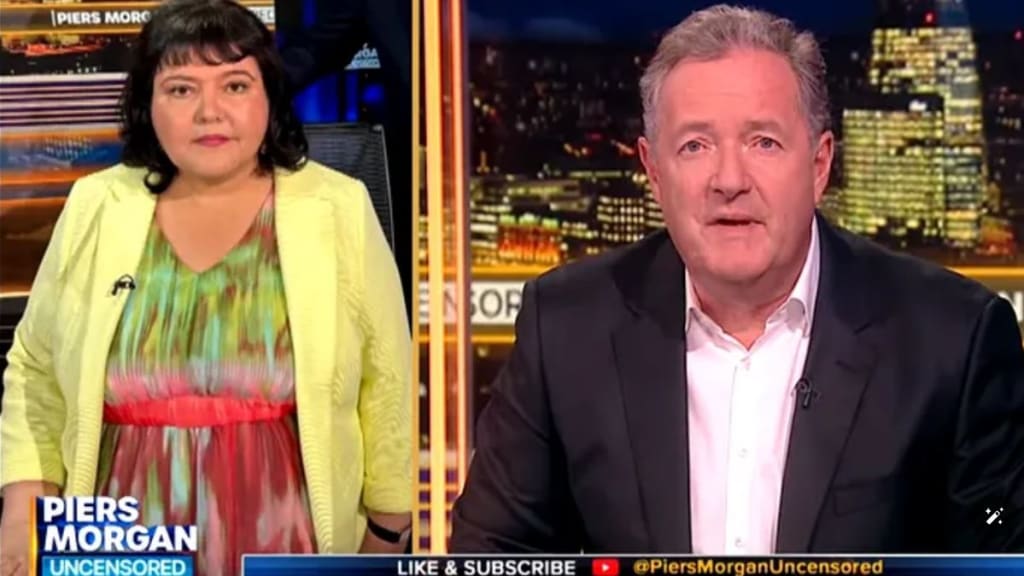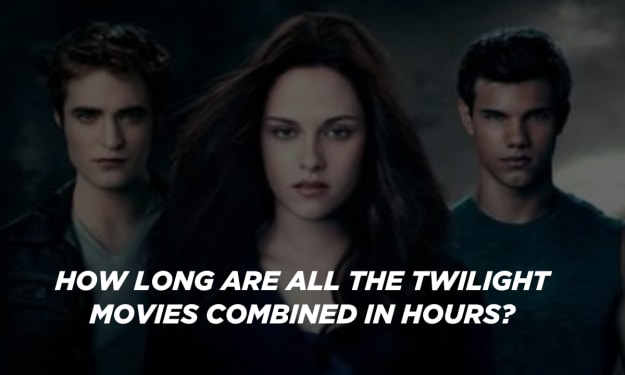Baby Reindeer — Fiona Harvey’s Lawyer Richard Roth On ‘The Biggest Lie in TV History’
I’ve Watched Piers Morgan So You Don’t Have To

Main Points within the 25-minute Video
“The Sunday Times has a source who claims Richard Gadd was against calling it a “true story”, but Netflix insisted it needed to be [marketed as a true story]. “— Piers Morgan
“That’s great news to me,” said Richard Roth, Fiona Harvey’s US based lawyer.
Both agree that Fiona Harvey has never been to court, nor has a criminal record.
“Seems like you have an open and shut case.” — Piers Morgan
“Netflix…’making it’ a true story. This is far worse than negligence, this is intentional misconduct.” — Richard Roth
“When Netflix came back: ‘We stand by Richard Gadd telling his story’. That is very different from saying it is a true story.” — Richard Roth
Why $170 million dollars?
“The law entitle Fiona to the profits Netflix makes.” — Richard Roth
“Netflix is making oodles of money” — Richard Roth
A Deep Dive Into Libel Law
“There are 2 different Tiers, under the anti-SLAPP statutes.
If you are a public figure, it's easier for the media to win the case.
If [Fiona Harvey] is a [private individual] thrust in the limelight, [Netflix] is going to have to show they have the facts to support their claim [this it is a true story]”
— Richard Roth
California anti-SLAPP law provides protection for the rights of free speech of journalists and artists, to prevent them from being threatened by spurious lawsuit from wealthy individuals:
Reporters Committee’s Anti-SLAPP Guide — California
--
What are your thoughts on Baby Reindeer? Please let me know in the comment section.
Thanks for reading!
**
Appendix:
Libel Laws and True-Crime Documentaries (ChatGPT)
The relationship between libel laws and true crime documentaries has been a subject of ongoing discussion and debate. Libel, which refers to the publication of false statements that damage a person's reputation, is a significant legal concern for producers of these documentaries.
True crime documentaries often delve into complex cases, presenting detailed accounts of events and individuals involved. While the goal is to shed light on these cases and provide viewers with a deeper understanding, the filmmakers must navigate a delicate balance between exposing the truth and avoiding potential legal pitfalls.
One of the key challenges is the issue of accuracy. True crime documentaries rely heavily on research, interviews, and archival evidence to reconstruct events. However, if any of the information presented is later found to be false or misleading, the subjects of the documentary may have grounds to pursue a libel lawsuit.
Producers of true crime documentaries must, therefore, exercise extreme caution in their research and fact-checking processes. They must ensure that every claim made in the documentary is supported by credible evidence and that they have a solid understanding of the applicable libel laws in the jurisdictions where the documentary will be aired.
Another concern is the portrayal of individuals, particularly those who have not been convicted of a crime. True crime documentaries often explore the lives and actions of suspects, witnesses, and other involved parties. If these portrayals are deemed unfair, biased, or damaging to the individual's reputation, they may have a valid libel claim.
To mitigate these risks, some producers choose to use fictionalized or composite characters in their documentaries, rather than directly depicting real individuals. This approach allows them to explore the broader themes and narratives without directly implicating specific people. However, this decision can also raise concerns about the authenticity and transparency of the documentary.
Ultimately, the relationship between libel laws and true crime documentaries is a complex and evolving landscape. Producers must navigate a fine line between truth-telling and legal considerations, carefully balancing the public's interest in understanding these cases with the rights and reputations of the individuals involved. As the genre continues to grow, it will be crucial for filmmakers to stay informed about the latest legal developments and to work closely with legal experts to ensure that their productions are both compelling and legally sound.
About the Creator
Scott Christenson
Born and raised in Milwaukee WI, living in Hong Kong. Hoping to share some of my experiences w short story & non-fiction writing. Have a few shortlisted on Reedsy:
https://blog.reedsy.com/creative-writing-prompts/author/scott-christenson/
Enjoyed the story? Support the Creator.
Subscribe for free to receive all their stories in your feed. You could also pledge your support or give them a one-off tip, letting them know you appreciate their work.
Reader insights
Outstanding
Excellent work. Looking forward to reading more!
Top insights
Expert insights and opinions
Arguments were carefully researched and presented
Easy to read and follow
Well-structured & engaging content
Eye opening
Niche topic & fresh perspectives
On-point and relevant
Writing reflected the title & theme






Comments (3)
Wonderful, your comprehensive exploration of the main points regarding the documentary "Baby Reindeer" and the discussion around libel laws and true crime documentaries provides valuable insights, your piece presents a well-researched and informative overview of the topic, we‘re deeply moved by the work, loved it, and hope to read more of your work, thank you very much again for sharing, subscribed.
I wasn't going to watch this. It felt iffy. Exploitative. I watched it because my daughter did, and I think I was right. It *was* exploitative. I did feel icky for watching. It was very uncomfortable viewing. It handled some topics with nuance and I get the impression some parts of it at least were very accurate (somehow this is worse, to me, than if it were nothing but lies). If it exaggerated any elements of the story for effect it should have made that very clear. I get the impression she's not a well woman, and he's not a well man. He CHOSE to use that unwellness, to milk it and profit off it... she did not.
Love this article. Mad skills here. Love every piece of it. Keep up the good work !